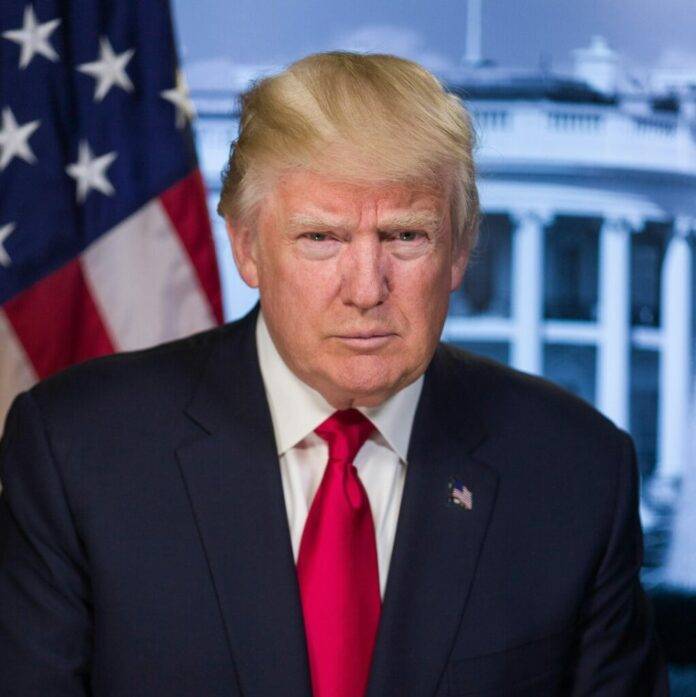The recent developments in the escalating tariff war have seen the US president making the first move by announcing a 90-day pause on import duties imposed on countries that had not retaliated. This decision has led to an immediate boost in global stock markets, signaling a temporary respite in the ongoing trade tensions.
While the 90-day pause means that higher tariffs will be suspended, the baseline rate of 10% will remain in place. Additionally, tariffs on China have been increased to 125%, indicating a continued tough stance on trade negotiations with one of the US’s key economic competitors.
However, there is a growing concern among analysts that the constant escalation of import duties may reach a point of diminishing returns. Some argue that the prices of certain goods may become lower than the tax itself, making the tariffs ineffective. On the other hand, there is also a risk that prices of other goods will skyrocket to levels that are no longer sustainable for consumers, leading to a potential decrease in demand.
Earlier in the week, China retaliated by imposing tariffs of 84% on US imports, while Europe announced a series of tariff hikes scheduled for April, May, and December on imports totaling around US$20.9 billion annually. These retaliatory measures indicate the ripple effect of the trade tensions, with multiple countries feeling the impact of the US’s tariff policies.
The decision to pause the tariffs for 90 days provides a window of opportunity for all parties involved to reassess their trade strategies and potentially come to a negotiated settlement. It is a crucial moment for diplomatic efforts to de-escalate the trade tensions and find common ground on key issues such as intellectual property rights, market access, and fair trade practices.
As the global economy continues to navigate through uncertain times, it is essential for all stakeholders to prioritize dialogue and cooperation to avoid further disruptions in international trade. The interconnected nature of the global economy means that the repercussions of trade disputes can have far-reaching consequences for businesses, consumers, and economies around the world.
In conclusion, the temporary pause on import duties by the US president marks a significant development in the ongoing tariff war. While it provides a momentary relief for global markets, the underlying issues of trade imbalances and protectionist policies still need to be addressed through constructive dialogue and diplomacy. The next 90 days will be crucial in determining the trajectory of international trade relations and the future of the global economy.




